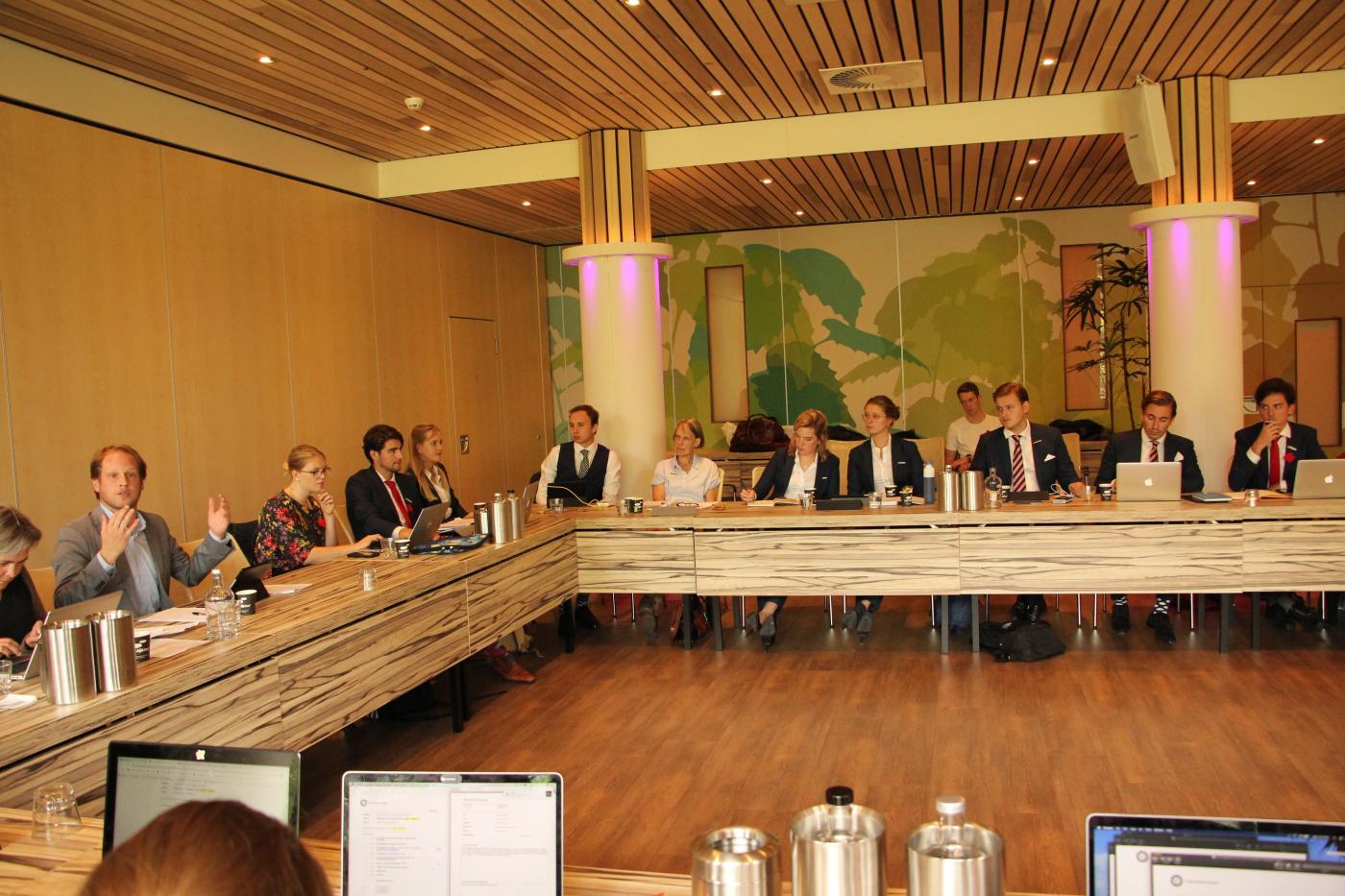First steps taken towards new, improved participation bodies

In the past, university councils were officially allowed to participate in decisions on nearly everything that affected their institutions. But, since 1998, participation in university governance has been restricted to the right to make recommendations or give consent, an agreement previously made for universities of applied sciences (hogeschool). The change made educational institutions more like businesses in terms of their governance structures.
Modernisation
According to GroenLinks (Green Left) party MP Lisa Westerveld, students and staff should really have more say in how their institution is run, but the current legislation does not allow this to happen. That’s why she submitted a motion calling on the government to star a conversation with researchers, faculty members and students about how to "modernise" the rules. Her motion passed in the House of Representatives by a slim majority in October. Of the coalition parties, only D66 voted in favour. VVD, CDA and ChristenUnie do not support new regulations.
Experiment
The proposal is supported by academic protest movement WOinActie and the national student union LSVb. These two groups have teamed up with trade unions AOb and FNV to write a proposal for more participation in university governance.
Their proposal suggests that students and employees have too little input on decisions about how things run day-to-day in their workplace. "University bureaucracy has become all-encompassing, and this obstructs participation."
The groups thus advocate for creating "participation from below". They also want to experiment with a mix of elected permanent council members and temporary members chosen by drawing lots.
Nominations
In their "Participation 2.0” plan, decisions would be made at the lowest organisational level. Moreover, those in governance positions (from department heads to members of the executive board) would be elected. Other staff would also be able to nominate themselves for posts -- currently only professors can do so.
As far as these groups are concerned, representatives should also have a say in decisions on a greater range of topics, or at least be able to submit proposals -- not only about academic guidelines, exam regulations and the main points of the budget, but about all issues related to core tasks like teaching and research.
Experts
"Students and faculty members are the ones most involved in teaching, which means they're the experts," Freya Chiappino, vice-chair of LSVb, explains. But, in her opinion, the current system just does not allow enough room for participation. She expects student involvement to grow if improvements are made to the way participation functions.
And that is really needed -- after all, enthusiasm for the current system isn't exactly spilling over. The average election turnout for representatives on participation bodies has been declining for years. Sometimes elections are even cancelled because there aren't enough candidates.
In an interview with HOP in February, MP Westerveld also said that turnout percentages would really improve if participation bodies had more influence.
Utrecht
What about Utrecht University? The University Council is soon to meet with the Executive Board to discuss this issue, ignited mainly by UUinActie's recent proposal to add a student assistant to the council and let students and staff vote for the role of rector.
In a recent interview with DUB, Rector Henk Kummeling said he also has a number of ideas on how to strengthen democracy in the university, and that he's considering adding a student assistant to the council. He also finds the idea to elect all council members "interesting, but impracticable".